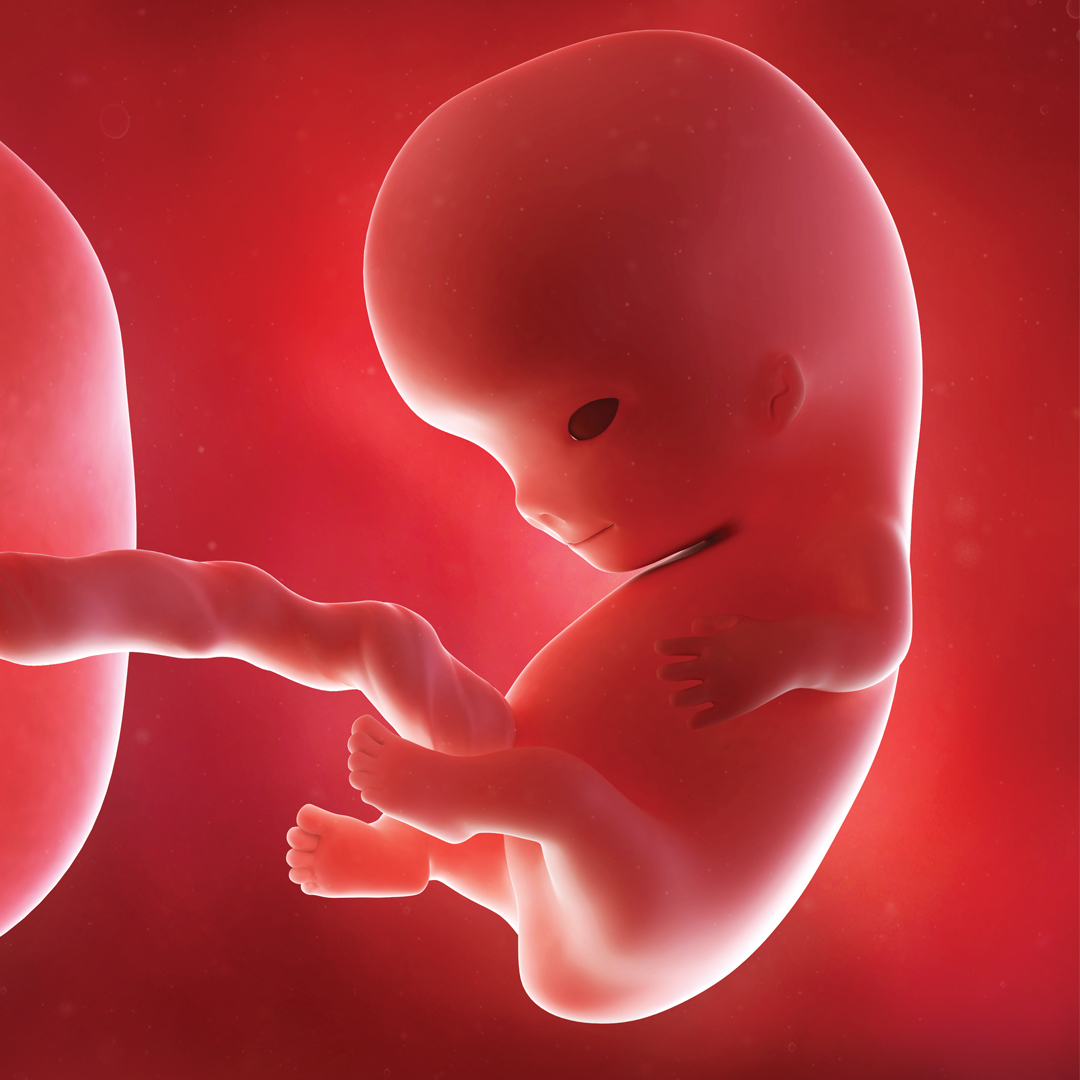
Table of Contents
The First Trimester: A Journey Through Development
Congratulations, you’re pregnant! The first trimester of pregnancy is a time of rapid development for your baby. From the moment of conception, your body begins to undergo changes that will support the growth and development of your little one. So, what exactly happens during the first trimester of pregnancy? Let’s take a closer look.
Week 1-4: Conception To Implantation
The first week of pregnancy is calculated from the first day of your last menstrual period. So, if you have a regular 28-day menstrual cycle, conception would occur around week two of your pregnancy. During this time, the fertilized egg will travel down the fallopian tube and into your uterus, where it will implant itself into the lining of the uterus.
At this stage, your baby is only a ball of cells known as a blastocyst. The blastocyst will begin to divide and grow, forming the placenta and the embryonic sac which will eventually become your baby. The placenta will provide nutrients and oxygen to your baby throughout pregnancy, while the embryonic sac will protect and cushion your baby.
Week 5-8: Embryonic Development
By week five of your pregnancy, your baby is now considered an embryo. The head, body, and limbs of your baby will begin to form. During this time, the neural tube is also forming, which will eventually become your baby’s brain and spinal cord. It’s important to take folic acid during this time to prevent neural tube defects.
By week six, your baby’s heart will begin to beat and pump blood. The eyes, ears, and nose will start to form, and your baby’s arms and legs will grow longer. By week eight, your baby will be about the size of a raspberry and will have all major organs and systems in place.
Week 9-12: Fetal Development
During weeks nine to twelve, your baby is now considered a fetus. Your baby’s fingers and toes will start to separate, and the reproductive organs will begin to form. Your baby will also begin to make movements, although you won’t be able to feel them yet.
The placenta will continue to grow and take over the role of hormone production from your ovaries. This is why many women experience morning sickness during this time, as the increased levels of hormones can cause nausea and vomiting.
Conclusion
The first trimester is a crucial time for the growth and development of your baby. By the end of the third month, your baby will be fully formed and will have all major organs and systems in place. It’s important to take care of yourself during this time by eating a healthy diet, staying active, and getting plenty of rest. Regular prenatal check-ups with your healthcare provider will also ensure that both you and your baby are healthy and on track for a successful pregnancy.

Frequently Asked Questions About How Does A Baby Develop In The First Trimester
1. When does the first trimester begin?
The first trimester begins on the first day of your last menstrual period.
2. What is a blastocyst?
A blastocyst is a ball of cells that forms after fertilization.
3. Why is folic acid important during pregnancy?
Folic acid is important during pregnancy to prevent neural tube defects.
4. When does morning sickness usually occur?
Morning sickness usually occurs during the first trimester, due to increased levels of hormones.
5. When will I be able to feel my baby move?
You will usually be able to feel your baby move around 20 weeks into your pregnancy.
Related video of How Does A Baby Develop In The First Trimester
https://youtube.com/watch?v=8312a32dcQc
